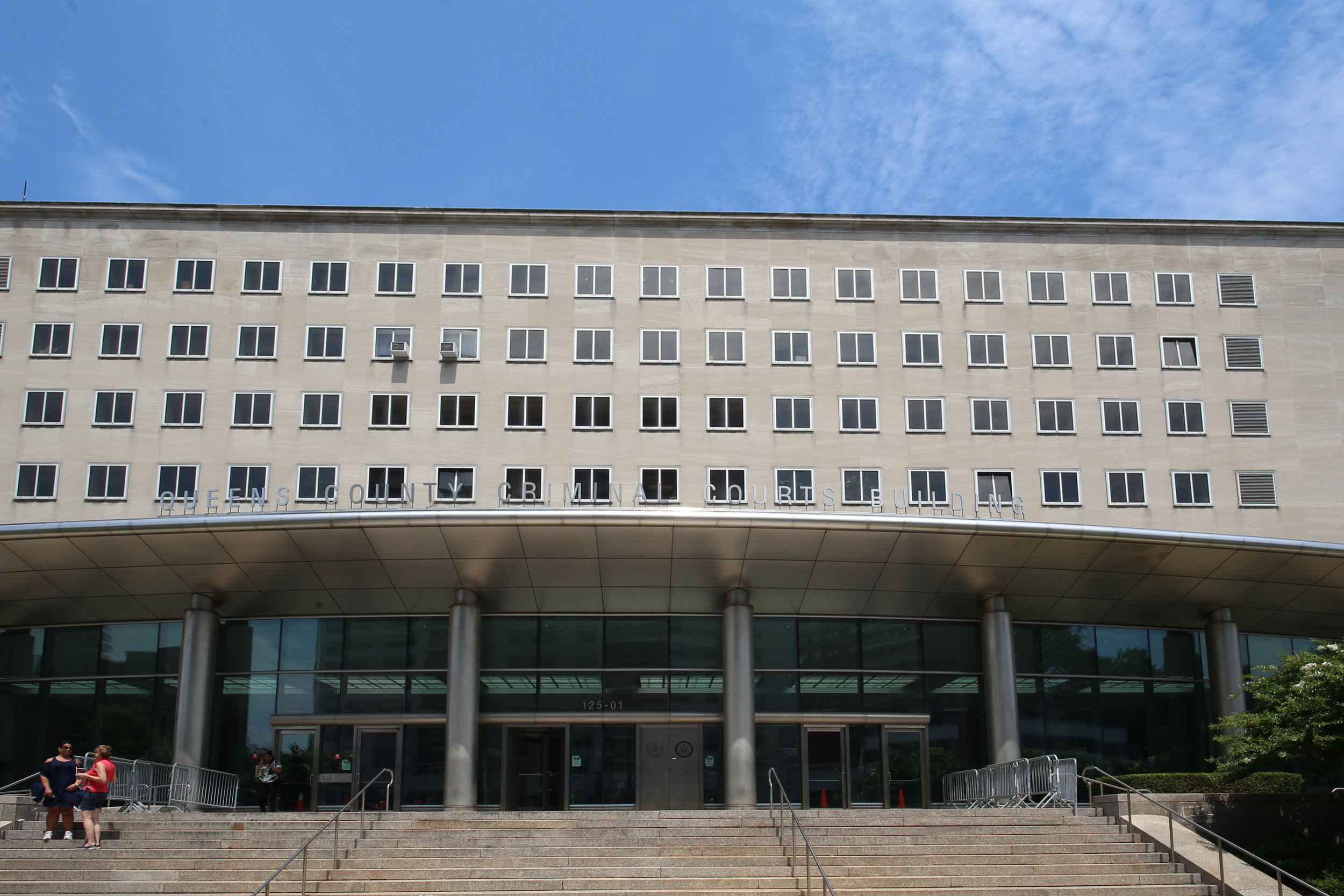Queens trails NYC in Raise the Age as DA challenges prolong the removal process
/The Queens DA’s Office reported that 63 percent of adolescent offenders’ cases were removed to Queens Family Court under the Raise the Age law, which took effect Oct. 1, 2018. Eagle file photo by Andy Katz
By David Brand
The rate of 16-year-old “adolescent offenders” removed from Queens Criminal Court under the state’s Raise the Age law trails the citywide average and is the lowest in the five boroughs, in large part because the Queens District Attorney’s Office challenges removal more often than other local prosecutors.
Raise the Age, which took effect Oct. 1, 2018, designated 16 year olds charged with crimes as “adolescent offenders” and mandated that they be removed from criminal court except when charged with sex crimes, an offense that caused serious injury or the use of a deadly weapon.
The law also gave prosecutors discretion to file motions for cases to remain in criminal court under an “extraordinary circumstances” provision when the case does not meet one of the three criteria for automatic retention in the criminal court youth part.
Queens’ removal rate was 57 percent in the first nine months under the law compared to a citywide rate of 79 percent, according to data compiled by the state Department of Criminal Justice Services. The Queens removal rate is now 63 percent, according to the Queens DA’s Office.
“In Queens, the low number of removals, relates to the People’s refusal to consent which delays the case significantly — meaning there are a number of AO cases pending waiting for the parties to file papers related to the removal determination,” a spokesperson for the Office of Court Administration told the Eagle.
In New York City overall, 616 of 776 adolescent offenders (79 percent) were removed to family court or probation intake during the first nine months under Raise the Age. The rate was nearly the same statewide.
In Queens, 73 of 127 adolescent offenders (57 percent) were removed in the first nine months under the law — lower than the city or state average, and 35 percent lower than the 92 percent removal rate in neighboring Brooklyn.
The Queens DA’s Office’s more up-to-date information shows that 104 of the 165 total Raise the Age cases, a rate of 63 percent, were removed through Sept. 5.
A deputy bureau chief and an assistant district attorney arraign each case in the Queens Criminal Court youth part, where Judge Lenora Gerald presides, a spokesperson for the Queens DA’s Office said.
“The judge in the youth part ultimately decides which cases will be removed so all the cases that are kept in criminal court are either agreed to by the judge or on the consent of the defense,” the spokesperson said.
Queens Supreme Court Administrative Judge Joseph Zayas said court personnel counted the number of Raise the Age cases and determined that Gerald has only denied seven removals.
“The rest are caught up in the litigation process,” Zayas said.
Prosecutors have 30 days to file motions challenging removal under the “extraordinary circumstances” provision. Defense attorneys occasionally request extensions, further prolonging adjudication.
The Queens DA’s Office differs from other boroughs in the types of cases it moves to retain in criminal court. In addition to the three criteria that automatically keep a child’s case in criminal court, Queens prosecutors assess “whether adult co-defendants are made on the same arrest, and whether the adolescent offenders (AO) has a consistent pattern or history in criminal court,” said the spokesperson for the Queens DA’s Office.
Legal Aid Society Adolescent Intervention and Diversion Team Director Nancy Ginsburg called the DA’s decision to file motions to keep kids in criminal court based on the presence of adult co-defendants “concerning.”
“Adults can use kids, and the power imbalance is a concern when it’s a grown adult and a child committing an offense together,” Ginsburg said. “In many cases, that should be a consideration in favor of a child being placed in Family Court, particularly if they are coerced or there’s some type of power imbalance.”
Adult co-defendants could also include 18-year-olds, who are close in age to adolescent offenders. The adolescent offender designation will expand to include 17-year-olds next month. Ginsburg questioned the adult codefendant consideration in those cases.
“I don’t know the relevance of them having an adult codefendant other than the Queens DA’s Office wanting to get credit for two different convictions,” she said. “It’s a line in the sand that they seem to have made up.”




